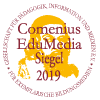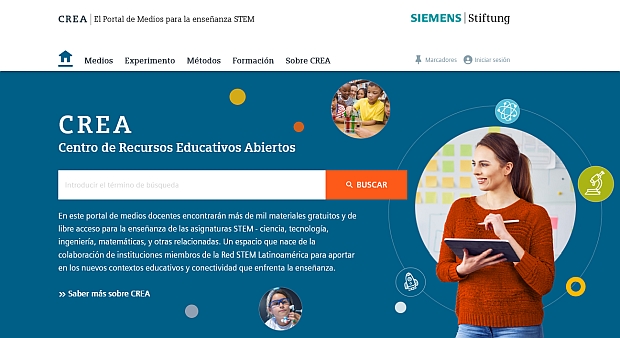B7 Capacitor, hydrogen, redox flow (teacher instructions)
Text
Experimentation instructions for Experimento | 10+:
Background information on the content and practical information on conducting the experiment "Capacitor, hydrogen, redox flow – We store renewable energy". This experiment comprises three subexperiments.
Medientyp:
Text
Letzte Aktualisierung:
21.03.2019
Lizenz:

Dieses Medium steht unter einer CC BY-SA 4.0 international Lizenz.
Was bedeutet das?
So verweisen Sie auf das Medium

Dieses Medium steht unter einer CC BY-SA 4.0 international Lizenz.
Was bedeutet das?
So verweisen Sie auf das Medium
Beschreibung:
The experiment comprises three subexperiments:
• Storage of electrical energy as chemical energy (hydrogen)
• Direct storage of electrical energy in capacitors
• Storage of electrical energy in a zinc-iodide cell (redox flow)
The sequence of subexperiments on energy storage provides a topical introduction to a subject that is especially important for the use of renewable energies. However, the subexperiments require a lot of time and cover a wide range of content. For this reason, the experiments are particularly useful as a project or for a project day on the subject of energy transition. Due to the large scope, it is also highly unlikely that the students will be able to work through the underlying scientific topics during the experiment. Provided that they have certain basic knowledge of physics and chemistry, though, the students can optimally verify this knowledge based on the subexperiments. Alternatively, the individual subexperiments can also be used as an introduction to one of the basic scientific topics, based on a real-world technical application.
Notes:
• Observe the safety information in the instructions as well as the applicable safety guidelines for your school.
• All materials mentioned in the instructions will have to be purchased directly from commercial sources.
• Storage of electrical energy as chemical energy (hydrogen)
• Direct storage of electrical energy in capacitors
• Storage of electrical energy in a zinc-iodide cell (redox flow)
The sequence of subexperiments on energy storage provides a topical introduction to a subject that is especially important for the use of renewable energies. However, the subexperiments require a lot of time and cover a wide range of content. For this reason, the experiments are particularly useful as a project or for a project day on the subject of energy transition. Due to the large scope, it is also highly unlikely that the students will be able to work through the underlying scientific topics during the experiment. Provided that they have certain basic knowledge of physics and chemistry, though, the students can optimally verify this knowledge based on the subexperiments. Alternatively, the individual subexperiments can also be used as an introduction to one of the basic scientific topics, based on a real-world technical application.
Notes:
• Observe the safety information in the instructions as well as the applicable safety guidelines for your school.
• All materials mentioned in the instructions will have to be purchased directly from commercial sources.
Lernobjekttyp:
Experiment
Fächer:
Chemistry; Physics; Technology
Klassenstufen:
Grade 5 to 6; Grade 7 to 9; Grade 10 to 13
Schultypen:
Middle/high school
Stichworte:
Capacitor (electricity); Energy supply; Environmental education; Hydrogen; Power plant; Renewable energy
Bibliographie:
Siemens Stiftung Media Portal
Urheber/Produzent:
Dieter Arnold, Burkhard Apell for Siemens Stiftung
Rechteinhaber:
© Siemens Stiftung 2015



